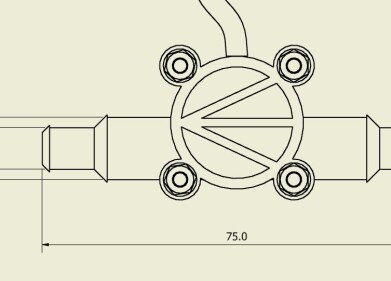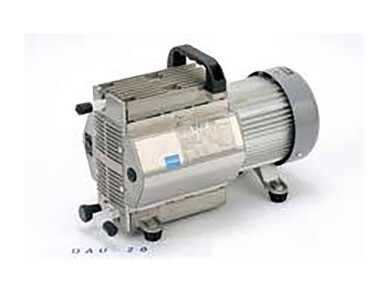Laboratory products
What Are T-Cells and Can They Protect You from COVID-19?
Jun 07 2020
In the latest attempt to develop a treatment for COVID-19, British scientists are testing a drug called interleukin 7 that could help treat the life-threatening symptoms that appear in severe cases. Working from the Francis Crick Institute, Guy's and St Thomas' Hospital and King's College London, the team is developing the treatment based on evidence that patients with severe cases of COVID-19 also have extremely low T-cell counts.
Interleukin 7 in the spotlight
Developed in the thymus gland and used to fight off infections, T-cells are central to the body’s immune response. When patients don’t produce enough T-cells the body can’t fight off the virus. After analysing the immune cells of 60 COVID-19 patients, the team found T-cell counts were consistently low.
To treat this “immune signature” the team have launched a clinical trial exploring the potential of a drug called interleukin 7, which actively increase T-cell numbers. Professor Adrian Hayday, who worked on the study at the Francis Crick Institute, hopes interleukin 7 can be used to boost T-cell levels and ramp up the body’s immunological response in seriously ill patients.
"They're trying to protect us, but the virus seems to be doing something that's pulling the rug from under them, because their numbers have declined dramatically,” says Hayday.
Boosting T-cell counts in COVID-19 patients
In a microlitre of blood taken from the average healthy adult, T-cell counts range from between 2000 to 4000. In COVID-19 patients, T-cell counts are alarming low at just 200 to 1200. The team say the clinical trial could be used to develop a fingerprint test to analyse T-cell levels and identify patients at risk of developing severe symptoms. There’s also the potential to use interleukin 7 to develop a treatment that reverses the sharp T-cell decline seen in COVID-19 patients.
Manu Shankar-Hari, who works as an ICU consultant at Guy's and St Thomas' Hospital, says that approximately 70% of COVID-19 patients admitted to ICU have T-cell counts of just 400 to 800 per microlitre.
“When they start to recover, their lymphocyte level also starts to go back up," he says. "We are hoping that [when we increase the cell count] the viral infections gets cleared.”
Understanding the mechanics of COVID-19
Moving forward, Hayday says the research could prove extremely helpful in offering researchers insight into the mechanics of COVID-19 and how it affects the immune system.
“The virus that has caused this completely Earth-changing emergency is unique - it's different. It is something unprecedented," he says. “This virus is really doing something distinct and future research - which we will start immediately - needs to find out the mechanism by which this virus is having these effects.”
Spearheading studies like the T-cell clinical trial calls for the latest laboratory equipment. Find out more about the state-of-the-art technology developed by Scientific Laboratory Supplies (SLS) at ‘Automated Cell Counting Shouldn’t Cost the Earth’.
Digital Edition
Lab Asia 31.6 Dec 2024
December 2024
Chromatography Articles - Sustainable chromatography: Embracing software for greener methods Mass Spectrometry & Spectroscopy Articles - Solving industry challenges for phosphorus containi...
View all digital editions
Events
Jan 22 2025 Tokyo, Japan
Jan 22 2025 Birmingham, UK
Jan 25 2025 San Diego, CA, USA
Jan 27 2025 Dubai, UAE
Jan 29 2025 Tokyo, Japan

.jpg)

















